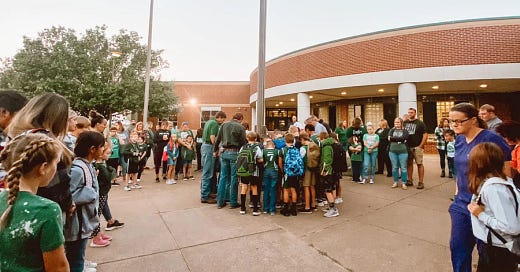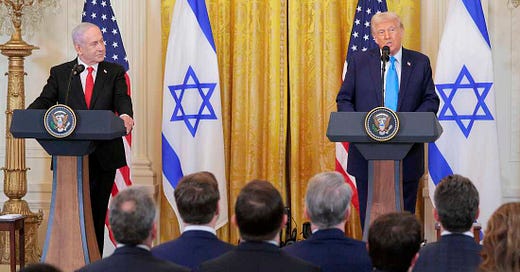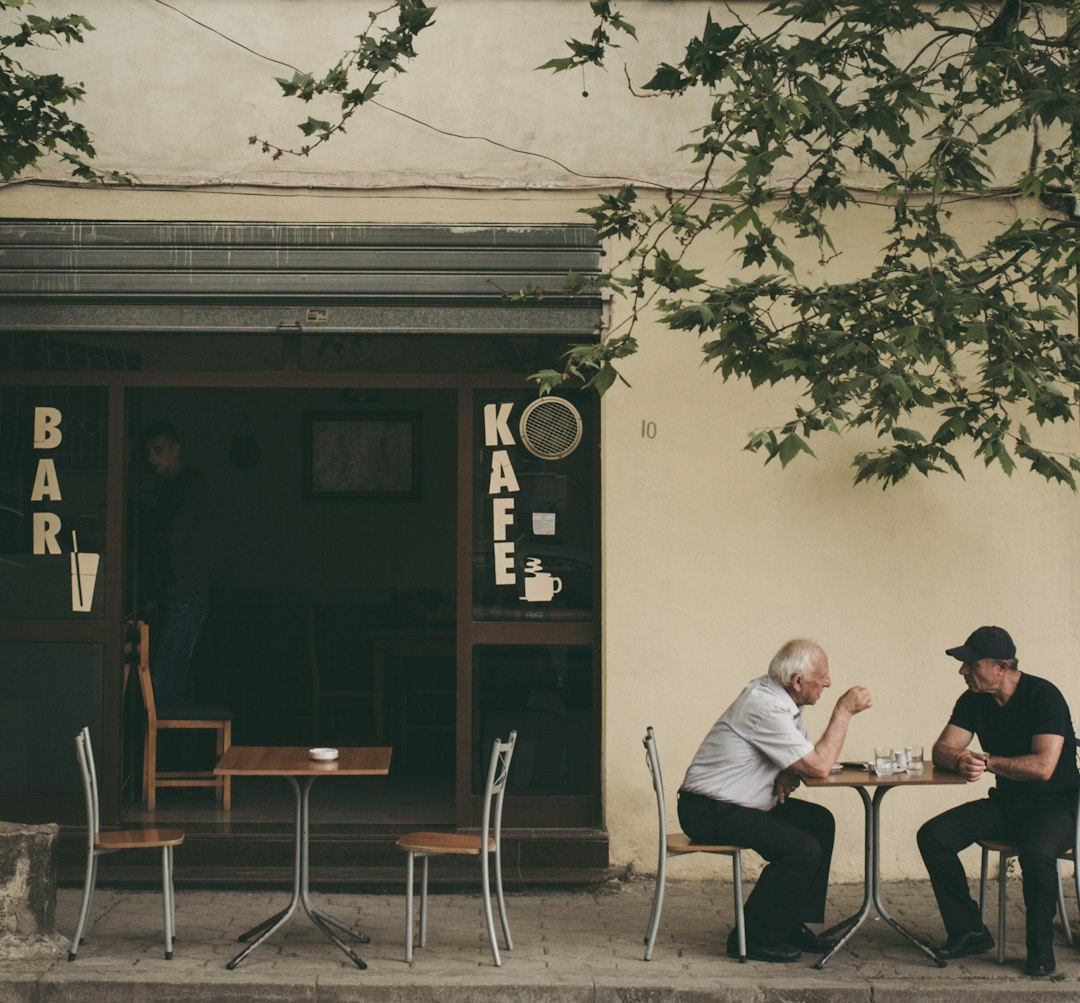
Last week a conversation with my good friend Ryan sparked a memory that I hadn’t recalled in nearly a decade:
It was a cold September morning back in high school. I remember waking up early and pouring an excessive amount of styling gel into my spiked hair before rushing out to meet our youth group leader, Dave, who was waiting with a van full of my high school friends and a box of donuts.
After picking up another student, we arrived at the school and quietly waited for others to join us. We snacked on our donuts and prepared ourselves for the moment ahead—our revolutionary act of defiance. A few others joined us as the clock hit 7:00, we watched a short video and then began to circle up, holding hands and bowing our heads.
For 30 minutes we prayed aloud as students and staff arrived at the school and walked around us (since we blocked much of the paved entryway into the building). Some joined, but most walked by, unconcerned with what we were doing.
However, if you asked most of the students there how their demonstration was received, they’d have plenty of stories to tell.
Debriefing with several youth group friends as we walked to class, one claimed that he was shoved in the back while his eyes were closed." Another said she heard someone call us ‘Jesus freaks.’” Another heard students spitting at us and reviling us for our faith.
In my experience, ‘See You At The Pole’ (SYATP) exemplifies well the formation of young evangelicals that has led to the political and social ends we see today. Similar to conversations around purity culture and its use of books like “I Kissed Dating Goodbye,” rituals of purity rings, and infusion with toxic masculinity, SYATP unassumingly—yet explicitly—formed the evangelical imagination of young persons by combining a narrow theological dogma with an “us vs. them” mentality.
What was proposed as an opportunity to pray for our nation quickly became the means through which we could “prove” that we Christians were persecuted in this country.
For example, when our youth pastor later claimed that Christians were disregarded in our nation, I believed him. When I attended a youth leadership conference the next year, I had no reservations when the main speaker claimed that the rights of Christians were being taken away in America. I had “experienced” this first-hand.
Another friend of mine, Derek is a Ph.D. student at UC Berkeley. He has taught me much about the vital role evangelical youth programs play in the formation of young Christians. He explained to me how, theologically and sociologically speaking, these programs are designed to integrate youth into civil society but also transmit cultural and religious values to youth. These two paths are fused together into a single Christian practice that imagines particular social ends to evangelical doctrine.
Derek’s argument certainly helps me make sense of my youth group experience—which was incredibly influential in my late teens. Events like SYATP, “apologetics bootcamps” filled with William Lane Craig debates, Greg Koukl's tactics,’ book groups, service projects, missions trips, evangelism outings, and more all offered all collectively guided participants to imagine a world where Christians were called from their marginal position to wage war against the powers of evil and convert the world to Christ through the assertion of our rights and persuasion of our apologetics. We were persecuted, but we would prevail.
Derek’s argument, though, left me with room for hope. What I conclude from his research (I’ve only offered one very small piece here) is that fault does not lay inherently in the methodology, but rather in the content distilled through it. In other words, teaching young Christians that faith has social and political implications and guiding them in bringing their faith to the public square is not wrong. I think young people today are asking difficult questions about faith and society and can smell the BS in our insufficient and uninformed answers. The good news, perhaps, is that we don’t need to tear down the entire youth group system—but we do need to change the content we place within this framework and ask ourselves what exactly we are forming our youth towards.
I hope for a day that our youth programs are instilled with a theology of particularity and liberation with a tangible practice of neighbor love. If this happens, the future of the American church will be incredibly bright.
The question we are left with is if this method—born out of white evangelical culture, beliefs, and politics—can be used to ulterior ends. We have yet to see.
Reading:
Michael McDuffee, “Whosoever” (The Fruit of His Lips)
Kristen Cambell, “But what should we say instead…?” (Office of Citizen)
Bob Smietana, Reorganized Religion: The Reshaping of the American Church and Why it Matters (Worthy Publishing, 2022)
Watching:
The Menu (HBO Max)
Last of Us (HBO Max)
John Wick (HBO Max)















Great insights, Amar. Growing up, I was on the outside of this looking in. I must say that I didn’t feel ill will towards participants, mostly just a feeling of strangeness that, frankly, I was glad I wasn’t a part of. In the back of my mind, I may have had something along the lines of what you might call anthropological curiosity. Wondering what this "fringe" group was doing and why.
One thing I DO know, is that this did not draw me in or cause me to approach and ask questions or want to be a part of it. If anything, it highlighted how different they were from me. Not really demonstrating qualities that resonated with me and caused me to aspire to.
This is so good!! I went to this and even led this every year in middle school and high school. Deeply formative.